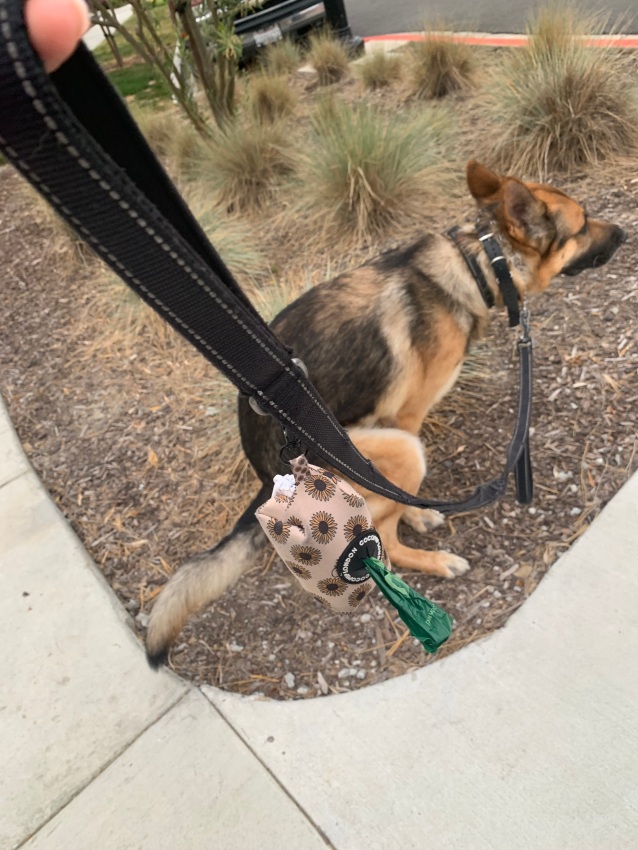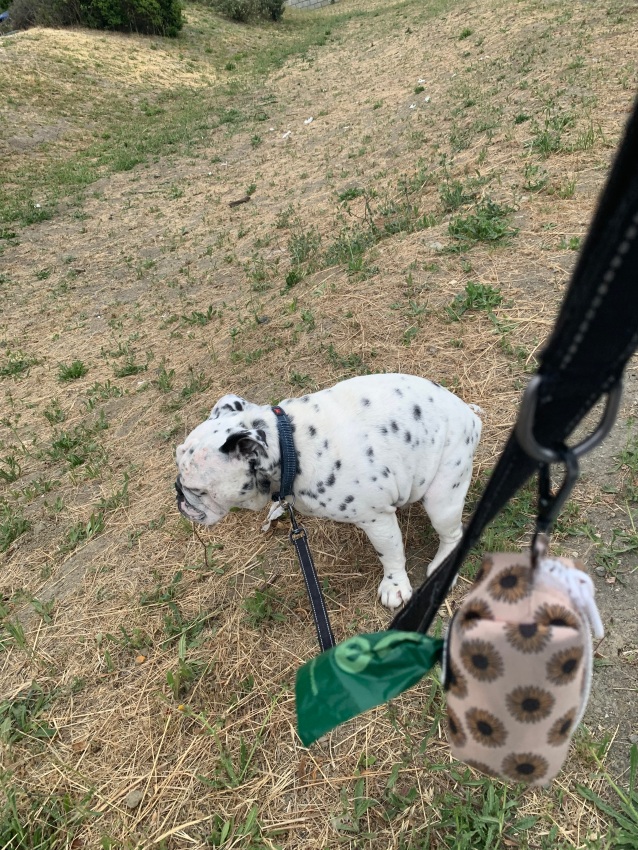
Help keep your neighborhood and San Mateo County safe and sanitary by picking up pet waste. Pet waste contains harmful bacteria like E. coli and parasites that put the health of animals and humans at risk, pollute our environment, and creates a health hazard for our waterways.
Be a responsible pet owner by following these guidelines:
1. 💩 All pet poop pollutes. Dogs aren’t the only furry companions that need to be cleaned up after. Remember to pick up after all pets including dogs, cats, horses, and other household pets. Always carry poop bags to clean up after your pet. 🐶🐱🐴
2. 🐕 Poop bags belong in the trash, not on the trail. Always bring poop bags to pick up after your pet when you’re out and about. Remember, don’t leave bagged pet waste on the ground; throw it in the trash. Sign Flows to Bay’s Scoop the Poop Pledge for a chance to win a free poop bag dispenser.
3. 🚫 Compost and Poop Don’t Mix. Contrary to popular belief, pet waste is not compostable, and it should be bagged and thrown away in the garbage. While manure makes useful fertilizer, pet waste can cause diseases in humans.
4.🤝 Share and Care
Let your family, friends, and neighbors know about the harmful effects pet waste has on the environment. Carry extra bags with you when walking and offer them to other pet owners who don’t have a bag.
















